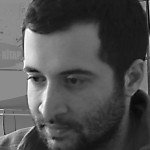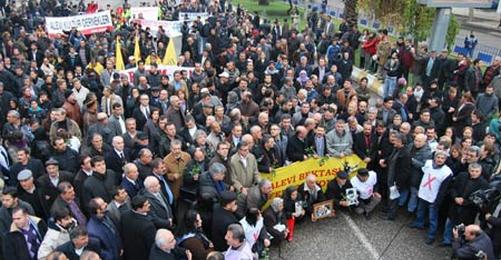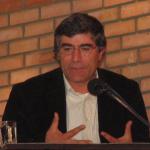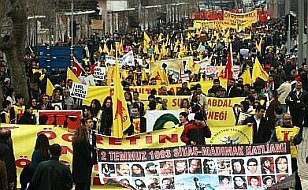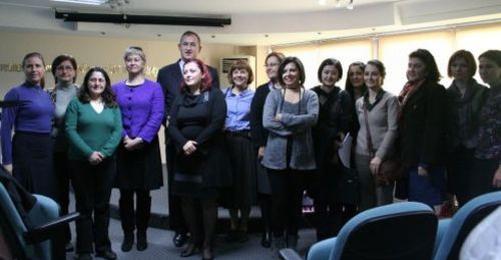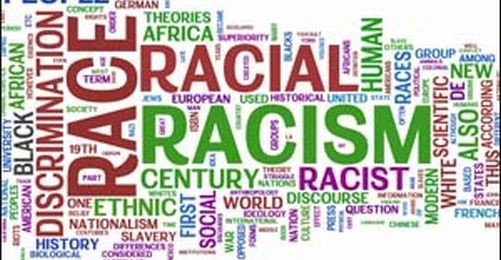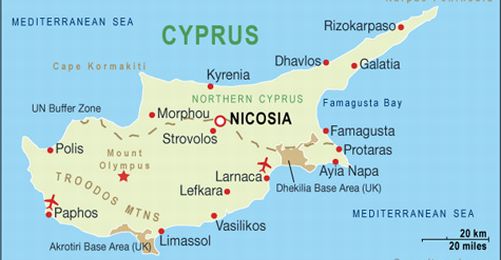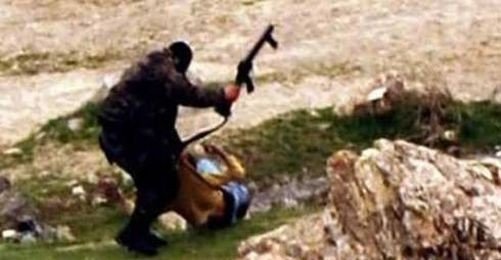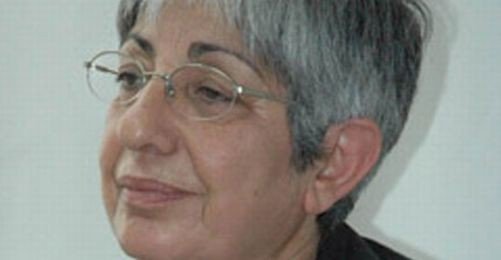About a thousand people came together in Istanbul on 19 December to commemorate the deaths of the "Maraş massacre" 32 years ago. The meeting was disturbed by a group of ultra-nationalists ('ülkücü') who tried to provoke the crowd during a press release.
Mustafa Pastırmacı, Provincial Chair of the Nationalist Movement Party (MHP), Governor Mehmet Niyasi Tanılır and Chief of Police Mustafa Aydın eventually managed to "persuade" the group to leave the square.
Ali Balkız, Head of the Alevi Bektashi Federation (ABF), claimed that the group of nationalists gained courage for their provocation from the government's discriminating attitude. In an event organized in Maraş (southern Turkey), Balkız reiterated his claim to punish the ones that are responsible for the massacre.
Alevis came together once more to mark the 32nd anniversary of the massacre. According to official numbers, 111 people died in the events starting on 23 December 1978, more than a thousand people were injured.
"For what reason do they attack?"
Balkız said about the attack, "We understand from the news that the attackers were young people between 15 and 25 years old. They were born years after the massacre. The crucial points are in what kind of homes these young ones were raised, which schools they attended, in which climate did they grow up that they attack people who came to town with carnations in their hands and a message of brotherhood".
Balkız criticized that the young attackers were encouraged by the discriminative attitude towards Alevis exhibited by the government members and the prime minister. According to Balkız, the fact that the perpetrators of the massacre remained unpunished also played an important role.
"Neither the Kurdish nor the Alevi question have been solved yet. A social environment of peace has not been created. This paves the way to that sort of tension. [...] What reasons do these young people have to attack us?"
Massacre
The massacre started with the killing of two teachers and the bombing of a cinema. Alevi and people associated with the left wing and the Republican People's Party (CHP) were being targeted. A significant part of the Alevi population left the city after the massacre.
Alevis later on claimed that the courts of the martial law after the military coup on 12 September 1980 prevented the disclosure of all details about the massacre. The Alevis request to re-open the files.
Ökkeş Şendiller
Ökkeş Kenger allegedly threw a bomb on the Çiçek cinema in Maraş on 19 December 1978. He was acquitted about one month prior to the military coup in 1980. Later on, he assumed the surname 'Şendiller'. He became Member of Parliament for Kahramanmaraş as a member of the Nationalist Labour Party (MÇP) which afterwards became the MHP.
In 1992, Şendiller became one of the executive members of the Great Union Party (BBP). In a television program for the state channel TRT he was able to claim that slain Turkish-Armenian journalist Hrant Dink was involved in the Maraş massacre. Years later, he was invited by the government to the Alevi Workshop in 2009.
According to the news, he did not attend the workshop due to objections and the "kind request" of Minister Faruk Çelik. (EÜ/VK)




